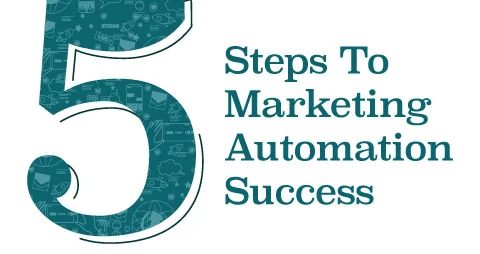How Healthcare Marketing Needs to Use Google’s New E-E-A-T
Google is our number one source of information; we turn to it for all kinds of information; from the most basic question to the most complex market research, Google has the answers.
But, among all that information, how do we know information to trust?
Google reviews the quality and effectiveness of each information source to determine if the content correctly answers the audience’s question.
How does it know which content is good? We’ll tell you more about Google’s E-E-A-T and how it will affect your SEO for your healthcare marketing efforts.
What does Google’s E-E-A-T mean?
Google used to follow the E-A-T principle which stands for Expertise, Authoritativeness, and Trustworthiness, but recently decided to add an extra E to it, so it is now E-E-A-T. There is now an extra factor that boosts the quality of the content.
What does the acronym E-E-A-T stand for?
According to Google’s Quality Score Guidelines:
The new E stands for: Experience: Referring to the level of experience and active participation in the field that the content creator has.
Expertise: Knowledge and/or skills the content creator has on the presented topic.
Authority: Authority, renown, or popularity in the area of the author or owner of the website where the content is published.
Trustworthiness: The trustworthiness given to the site by evaluating the above.
Why is Experience important to Google when creating content?
When you enter in search criteria, Google has to determine which is the best content to show you based on relevance and other factors like experience. There are literally thousands of documents that could show up, but knowing about a topic and having experience in the topic means that there is more to offer the reader.
If you have a healthcare company, you want your users to know that you have the experience to handle their needs. In addition, you have valuable content that you want your users to read. So examples of your experience, to keep the reader engaged, inspired, motivated, and so on will help you with your readers as well as rank well with Google.
Your experience makes your content stand out and makes it unique as compared to other publishers.
So how do you showcase your healthcare experience when creating content?
If you have a healthcare company, what is the best way to show experience? Think about your past experiences, what you have learned, and how you have created your own methods and tricks to make things easier for yourself.
That kind of data and tips will make your content unique.
For example:
If you’re a healthcare professional writing about a new procedure, let the reader know how much experience you have on the subject.
If you offer digital or technical services for hospitals, tell how you have refined your service over the years and can offer opportunities to speed up or optimize hospital processes with some case studies.
Writing blogs about the amount of years you have been in the market, helping multiple Healthcare Businesses to reach their audience, will connect with them and transform your relationship into one of trust.
That kind of information will make both the reader and Google trust you and the content you put on your website.
Low-Quality and High-Quality E-E-A-T Examples.
Low-quality content will not appear on the first page of search engine results, in this case, Google.
Having a proper level of E-E-A-T in your content will make Google promote your website by raising your content in search.
According to Google’s quality rating guidelines, these are the criteria for achieving the highest E-E-A-T level:
- A website or content creator, the single authoritative reference source for a topic, has a very high E-E-A-T.
- A content creator with a high level of expertise can be considered to have a very high E-E-A-T for topics where expertise is the leading trust factor.
- A very high level of expertise may justify a very high E-E-A-T rating.
- Websites and content creators with a very high E-E-A-T are the most trusted sources on the Internet for a particular topic.
Here are some examples of poor E-E-A-T for healthcare companies:
- The content creator lacks the appropriate expertise, e.g. a text about a medical term written by someone who did not have a medical degree.
- The website or content creator is not an authoritative or reliable source about the page’s subject.
- The page or website is unreliable for its intended purpose, e.g. a digital healthcare services site with minimal customer service.
Now that we know what that extra E in E-E-A-T means and how to add the Experience factor into your website, it will add value and quality to the content we create.
Google recognizes that its audience needs quality content; as content creators, we should ensure that our content is created with relevant experience included for our audience.
If you need support or guidance in creating your content and ensuring it meets Google’s quality requirements and ranks high on the search engine results, come to us; WSI Healthy Digital Solutions to help you get there.





